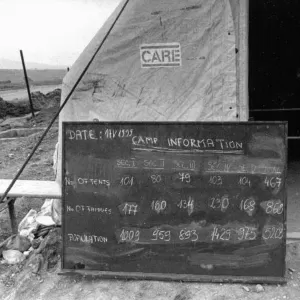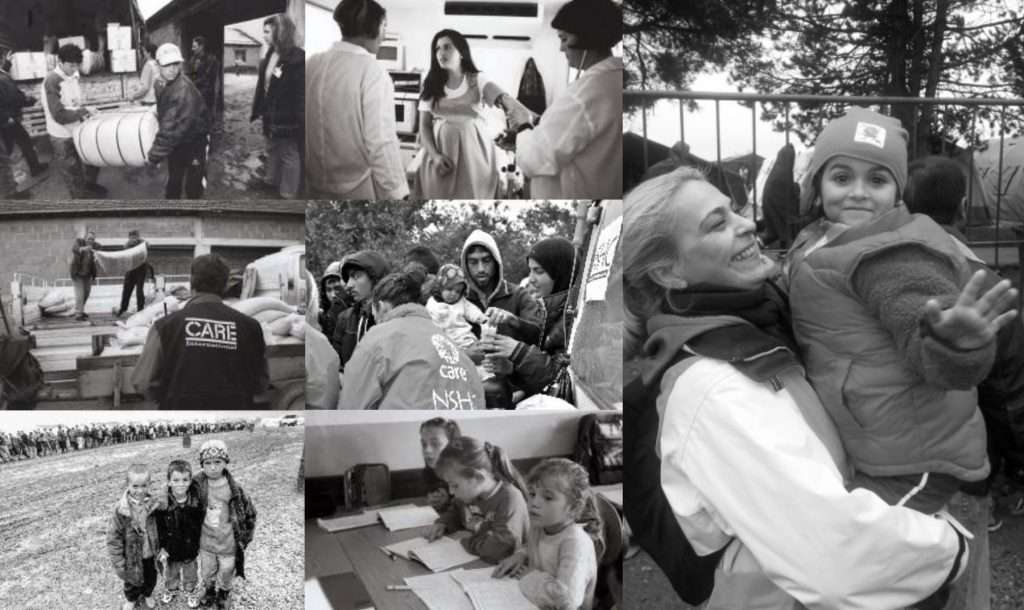History
CARE promotes the social and economic inclusion of vulnerable minorities and other marginalised groups by contributing to stronger capacities and improved opportunities for these groups to enable them to integrate into society and access their rights and opportunities. CARE also tries to address the structural conditions and barriers that keep people in a state of vulnerability and poverty. The change that CARE is working towards is related to improved social and economic conditions of vulnerable and marginalised groups, improved institutional and policy response, equal access to rights and services, strong civil society organisations representing vulnerable groups, as well as stable, peaceful and tolerant relations across ethnic groups. CARE’s work under socio-economic inclusion focuses on three key programmatic themes:

When CARE started working in the Balkans more than 25 years ago, the world looked very different from today. Since the end of the wars in the former Yugoslavian countries, the region has undergone unprecedented political, economic, social and cultural changes. Communities have experienced the benefits but also the disillusions of democratization and the uncertainties of a new economic system. Throughout history, the progress in the Balkans has been closely tied to the idea that all people have rights: universal entitlements to freedom, dignity and security, to be treated equally and to live free from oppression. The health and soul of all communities in the region depend on how these human rights are recognized – and acted upon.
CARE places gender equality at the heart of all of our efforts. The need to address women’s empowerment and gender equality in the patriarchal societies that are deeply shaken by wars and militarization was recognized quite early by CARE in the Balkans. Equally, the social, economic and political fulfilment of people’s rights is at the very core of CARE’s mandate in the Balkans. What has shaped our work the most in all those years were not necessarily historic or political milestones, but our countless encounters with the people we serve and work with.

